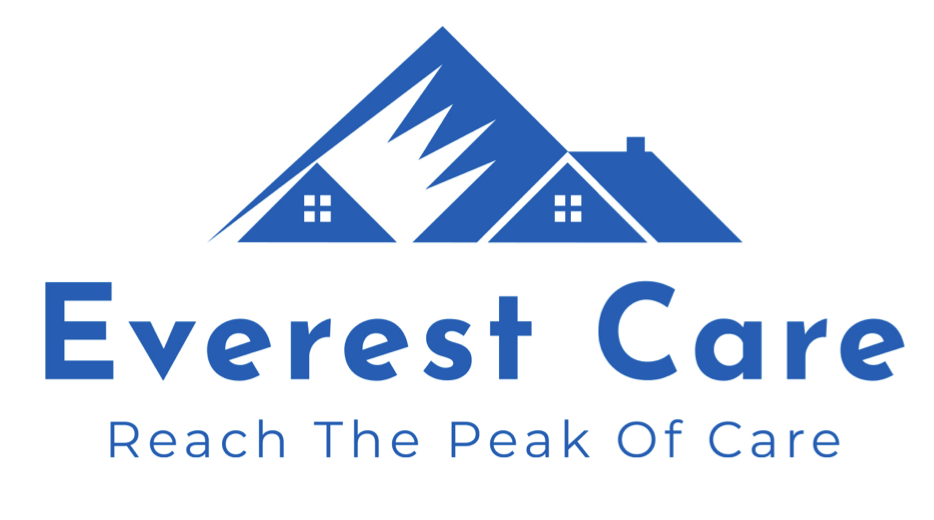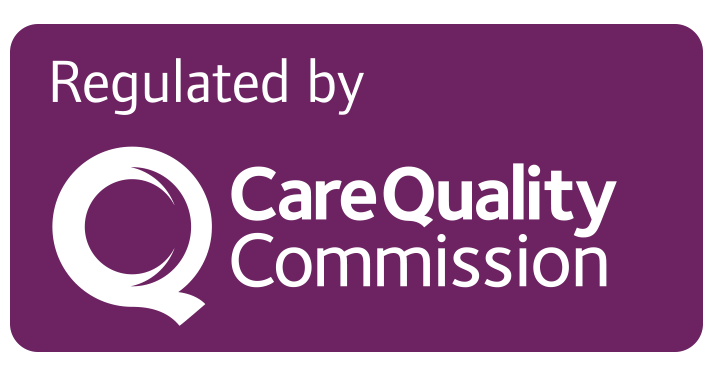1. Introduction: When Concern Becomes a Question
It starts so subtly that you almost miss it—small, seemingly insignificant changes. A forgotten birthday, an unopened stack of mail, a once-immaculate home now slightly unkempt. At first, you brush it off.
“They’re just having an off day.”
But the days start adding up.
Then comes the moment—the one that stops you in your tracks. Maybe it’s the second time this month they’ve forgotten to pay a bill, or perhaps they’ve called you in confusion about something they used to do effortlessly. That pang in your chest isn’t just concern anymore; it’s a question forming in the back of your mind:
“Are they okay?”
This is the moment where love meets responsibility. And it’s a hard one. You don’t want to take away their independence, but deep down, you know that ignoring these signs could lead to something worse.
Recognizing the signs a loved one needs home care can be challenging, but understanding them is crucial for their well-being.
According to the National Institute on Aging, many older adults prefer to age in place, highlighting the importance of recognizing when home care is necessary.
In this guide, we’ll help you recognize the early signs—so you don’t have to wonder. You’ll have the clarity, the confidence, and most importantly, the reassurance that you are not alone in this.
2. Why Recognizing Early Signs Matters
The hardest part of this journey is accepting that things are changing. It’s easier to explain away the warning signs—to believe that they’ll get better on their own.
But delaying action comes with risks:
✔ Health declines faster. Missed medications, poor nutrition, or unnoticed injuries can turn into emergencies.
✔ Emotional well-being suffers. The fear of losing independence often leads to isolation, depression, and anxiety.
✔ Cognitive decline accelerates. Memory problems can worsen rapidly without proper care and support.
Taking action isn’t about taking control away from them—it’s about giving them the safety, comfort, and dignity they deserve. And isn’t that what we all want for the people we love?
3. Physical Signs Your Loved One May Need Home Care
Aging changes all of us, but some physical struggles go beyond what’s normal. These signs are silent cries for help—even if they won’t admit it.
If your loved one has difficulty with daily tasks, this could be among the key signs a loved one needs home care that shouldn’t be ignored.
a) Declining Mobility and Frequent Falls
✔ Hesitating to move, holding onto furniture for support.
✔ Mysterious bruises or injuries they can’t explain.
✔ Avoiding stairs or struggling to get out of a chair.
👉 What This Means: Falls aren’t just accidents; they can be life-changing. One bad fall can steal their independence forever. A caregiver can help them move safely—preserving their freedom.
b) Weight Loss, Poor Nutrition, or Dehydration
✔ Plates of untouched food, expired groceries in the fridge.
✔ Significant weight loss, frailty, or dry skin (signs of dehydration).
✔ Struggling to cook or forgetting to eat altogether.
👉 What This Means: Food isn’t just about nourishment; it’s about joy. If eating has become a burden, home care ensures they’re not just eating—but enjoying meals again.
c) Declining Personal Hygiene
✔ Hair unwashed, wearing the same clothes for days.
✔ Neglected dental care or body odor.
✔ Avoiding baths or showers due to fear of falling.
👉 What This Means: Sometimes, it’s not stubbornness—it’s embarrassment. The right caregiver provides gentle support, restoring their dignity and comfort.
4. Cognitive and Emotional Warning Signs
This is where it gets even harder—because memory loss isn’t just forgetfulness. It’s watching the person you love slip away, little by little.
a) Memory Problems Beyond Normal Forgetfulness
✔ Repeating the same stories, forgetting important dates.
✔ Misplacing items in unusual places (keys in the fridge, shoes in the oven).
✔ Missing doctor’s appointments or struggling with bills.
👉 What This Means: These moments are heartbreaking, but catching them early can slow the progression and allow them to hold onto their independence longer.
b) Confusion and Disorientation
✔ Getting lost on a familiar route.
✔ Forgetting how to use household items like a TV remote.
✔ Losing track of time, waking up at odd hours.
👉 What This Means: Confusion isn’t just frustrating—it can be dangerous. Having support ensures they stay safe without feeling helpless.
c) Emotional and Behavioral Changes
✔ Sudden mood swings, from irritable to withdrawn.
✔ Paranoia or accusations—”Someone is stealing from me!”
✔ Loss of interest in activities they once loved.
👉 What This Means: Beneath the surface, they’re scared. A trained caregiver brings more than just help—they bring companionship, patience, and reassurance.
5. Increased Isolation and Loneliness
✔ Avoiding social interactions or family gatherings
✔ Not returning phone calls or messages
✔ Loss of interest in hobbies, clubs, or religious services
✔ Expressing feelings of loneliness or sadness
👉 Why this matters: Humans thrive on social connections, and isolation can have serious emotional and cognitive effects. Studies show that prolonged loneliness can increase the risk of dementia, depression, and even heart disease. If your loved one is withdrawing from their usual social circles, it might be time for home care support.
Recognizing the signs your loved one needs home care early can help you take action before isolation negatively impacts their health. A caregiver can provide companionship, encourage engagement, and ensure they don’t feel alone.
6. Unpaid Bills and Financial Confusion
Unopened bills and poor financial management are often overlooked signs a loved one needs home care, but they can indicate cognitive decline.
✔ Stacks of unopened mail or overdue notices
✔ Frequent late or missed bill payments
✔ Confusion about money, unexpected withdrawals, or financial scams
✔ Difficulty budgeting or managing daily expenses
👉 Why this matters: Financial management requires attention to detail, memory, and organization—skills that can decline with age. Unpaid bills can lead to shut-off utilities, late fees, or even legal trouble. Worse, seniors are often targeted by scammers, making financial vulnerability a major concern. A professional caregiver can assist with reminders, organization, and ensuring financial security while protecting your loved one from fraud.
7. How to Approach the Conversation with Your Loved One
This might be the toughest part: how do you tell someone you love that they need help—without making them feel weak, old, or incapable?
✔ Use empathy, not authority. Instead of “You need help,” try: “I’ve noticed you seem more tired lately. How can I help?”
✔ Make it about freedom, not loss. Instead of “You can’t live alone,” try: “A little support means you can keep doing what you love, safely.”
✔ Involve them in the decision. Let them have a say. The more control they have, the more they’ll accept the help.
8. What to Do Next: Choosing the Right Home Care
Once you’ve recognized the need, what’s next?
✔ Assess their specific needs. Do they need full-time care or just occasional support?
✔ Research care providers. Look for agencies with strong reviews and compassionate caregivers.
✔ Try a trial period. Let them experience the support before committing long-term.

9. How Everest Care Can Support Your Family
At Everest Care, we understand that this decision is deeply personal. That’s why we provide:
✅ Customized care plans that fit their unique needs.
✅ Companionship and emotional support to combat loneliness.
✅ Professional care that respects their independence, not takes it away.
10. Final Thoughts: A Decision Made with Love
We know you never expected to be here, reading this. We know you’d give anything to turn back time—to see them strong, independent, and worry-free again.
But you’re not alone. And neither are they.
Recognizing the signs a loved one needs home care early can help you make the best decision for their comfort and safety.
Taking action today isn’t about giving up on their independence—it’s about making sure they never lose it.
💙 Want to talk to someone who understands? Contact us today for a warm, obligation-free conversation.


